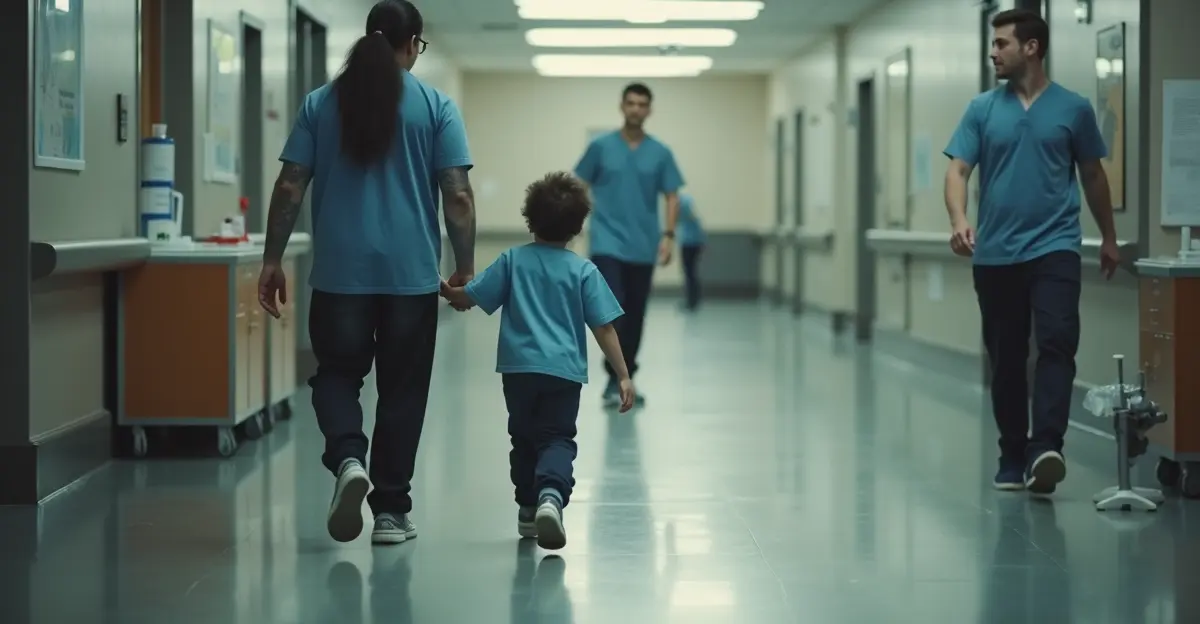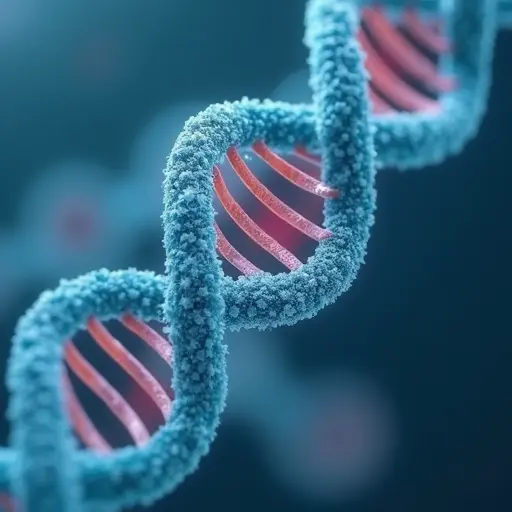Revolutionary PRL3-zumab Therapy Transforms Cancer Treatment Landscape
A groundbreaking immunotherapy called PRL3-zumab has demonstrated unprecedented success in treating advanced, treatment-resistant solid tumors, according to recent clinical trial results published in 2025. The therapy represents a paradigm shift in cancer treatment by successfully targeting previously 'undruggable' intracellular proteins.
Remarkable Patient Outcomes
In the Phase II trial involving 51 patients with advanced gastric, colorectal, ovarian, and pancreatic cancers that had failed conventional treatments, PRL3-zumab showed significant clinical benefits. One Stage IV gastric cancer patient achieved disease stabilization lasting over 13 months, compared to typical progression within two months post-standard therapy. 'This is the first time we've seen such durable responses in patients who had exhausted all other options,' said Dr. Maria Rodriguez, lead investigator at the Cancer Immunotherapy Center.
The therapy demonstrated longer progression-free survival than prior anti-PD-(L)1 therapies, with 20 patients qualifying for the efficacy evaluable set showing clear clinical benefits. 'Patients who had been told they had no more options are now seeing their tumors stabilize and even shrink,' noted Professor Qi Zeng, who led the 20-year development journey at Singapore's A*STAR Institute.
Excellent Safety Profile
Perhaps most remarkably, PRL3-zumab showed an excellent safety profile with no serious adverse reactions or drug-related toxicities reported. This makes it particularly suitable for end-stage cancer patients who often cannot tolerate the severe side effects of conventional treatments. 'The absence of significant side effects is almost as important as the efficacy itself for these vulnerable patients,' explained Dr. James Wilson, an oncologist at Memorial Cancer Center.
The therapy works by exploiting a biological loophole where the PRL3 protein transiently appears on cancer cell membranes, allowing the antibody to mark these cells for immune system destruction through antibody-dependent cellular cytotoxicity and phagocytosis. PRL3 is overexpressed in nearly 80% of solid tumors but virtually absent in healthy tissues, making it an ideal target.
Next Phase Clinical Plans
Building on these promising results, researchers are preparing for Phase III trials that will involve larger patient populations across multiple cancer types. The upcoming trials will focus on combination therapies with existing immunotherapies and targeted treatments. 'We believe PRL3-zumab could work synergistically with checkpoint inhibitors to treat 'cold' tumors that typically evade immune detection,' said Dr. Sarah Chen, director of clinical development at Intra-ImmuSG.
The research team is also exploring the therapy's potential in earlier-stage cancers and as a first-line treatment option. Regulatory submissions are expected in late 2026, with potential market approval following successful Phase III results. 'This represents the culmination of two decades of dedicated research and could fundamentally change how we approach solid tumor treatment,' Professor Zeng added.
The breakthrough comes as immunotherapy continues to transform oncology, with over 150 FDA approvals since 2011 and 17 new approvals in 2024 alone, according to the Cancer Research Institute's 2025 report. PRL3-zumab's unique mechanism of action opens new possibilities for treating cancers that have historically been resistant to immunotherapy approaches.

 Nederlands
Nederlands
 English
English
 Deutsch
Deutsch
 Français
Français
 Español
Español
 Português
Português










